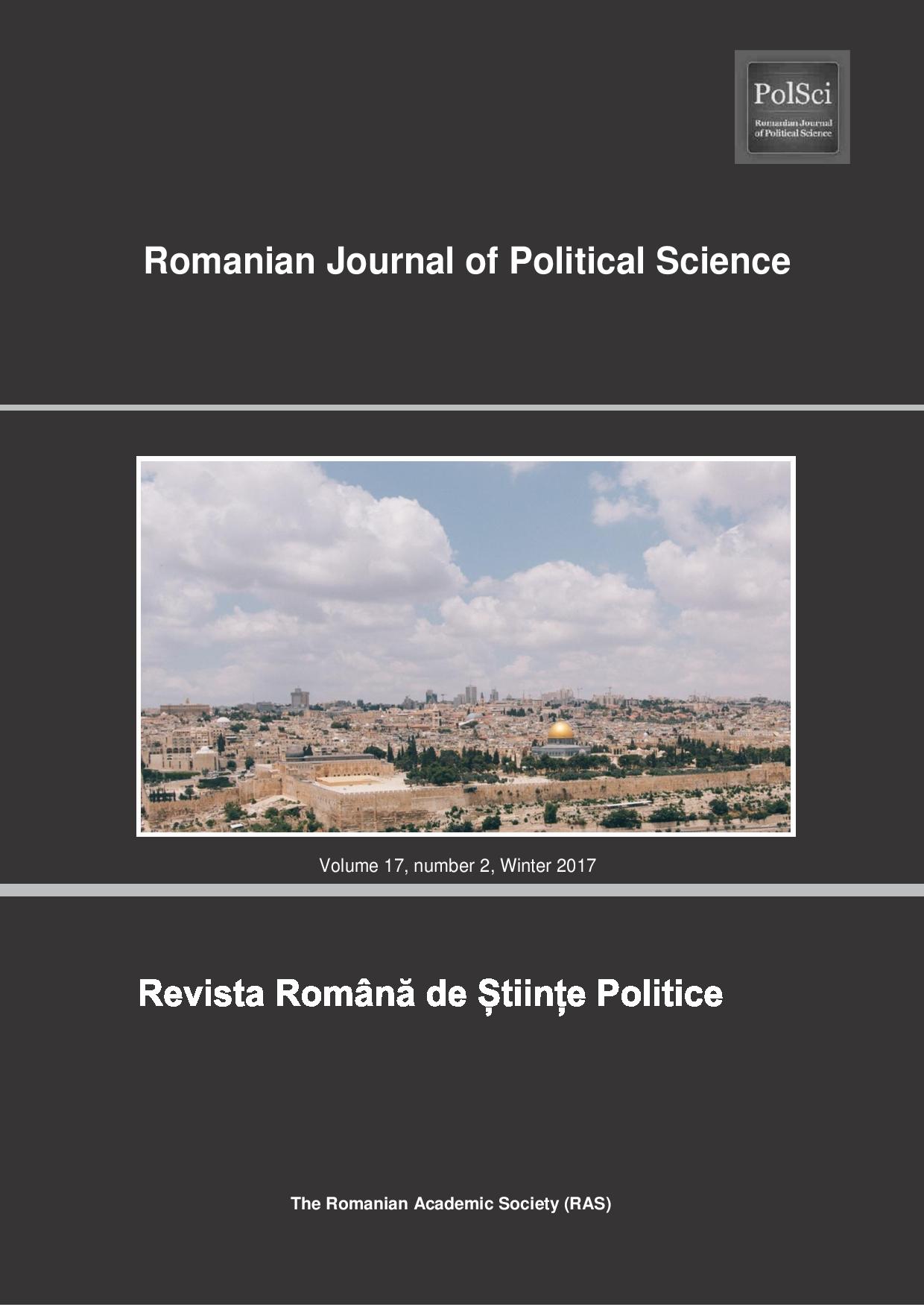Strengthening civil society beyond the ‘assistance-for-democratization’ era. Lessons from Romania
Strengthening civil society beyond the ‘assistance-for-democratization’ era. Lessons from Romania
Author(s): Todor ArpadSubject(s): Politics / Political Sciences, Economy, Civil Society, EU-Approach / EU-Accession / EU-Development
Published by: Societatea Academică Română (SAR)
Keywords: NGO; Romania; funding; democratization;
Summary/Abstract: This article investigates the puzzling observation that, despite the vigorous mass protests that have taken place since 2012 and mobilized Romanian civil society against attempts to implement unpopular policies in fields such as health, environment or justice, and which have led to the fall of two cabinets, the non-governmental organization (NGO) sector suffers from structural weaknesses and has a limited capacity to systematically influence public policies, especially in the post-EU accession environment. This weakness has contributed to the fact that, despite the EU accession process, the quality, level of transparency and accountability of government have not significantly improved in the last decade. Based on a recent extensive survey of the NGOs involved in promoting quality of democracy, this article questions: what explains the intensity of activity and tactics of Romanian NGOs in the context of post-EU accession? Using regression analysis, I test the explanatory power of hypothesis derived from four models: the financial dependence model, the type of activism model, the cooperation with state institutions model and the network participation model. The analysis shows the waning importance of international donors, while confirming the importance of network participation and the simultaneous employment of confrontational and transaction activism. Overall, the puzzling feature of NGOs’ mass protest capacity combined with their low structural influence is explained by the concentration within just a few NGOs of the capacity and interest to get involved in a wide area of activities and efficiently employ both confrontational and collaborative tactics.
Journal: Romanian Journal of Political Sciences
- Issue Year: 17/2017
- Issue No: 2
- Page Range: 41-59
- Page Count: 19
- Language: English
- Content File-PDF

